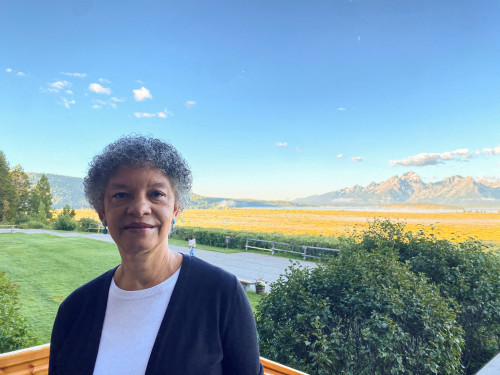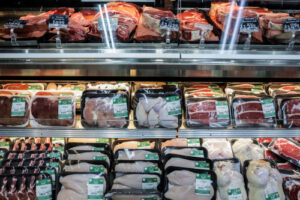By Michael S. Derby
NEW YORK (Reuters) -Boston Federal Reserve President Susan Collins said on Tuesday she’s in no rush to change the U.S. central bank’s benchmark interest rate amid current economic uncertainty, as data suggest that while import tariffs will drive up inflation, it’s possible the overall impact may not be as bad as once feared.
“Calibrating appropriate policy in this context is challenging,” but “continued overall solid economic conditions enable the Fed to take the time to carefully assess the wide range of incoming data,” Collins said in the text of a speech to be delivered at a National Association for Business Economics event in Washington.
“An ‘actively patient’ approach to monetary policy remains appropriate at this time,” she added.
Collins said the trade tariffs imposed by the Trump administration will leave a mark on the economy, and there’s some evidence it’s already happening based on the movement of some goods prices. But she also said the full impact may not be as extreme as once thought because both households and firms are in a good place to weather higher prices.
Higher import prices will push up inflation – core inflation will rise to around 3% by the end of this year – while depressing economic growth and employment, Collins said.
“Financial data point to the possibility that the impact of tariffs may be lessened somewhat by an ability for firms to decrease profit margins and for consumers to continue spending, despite higher prices,” Collins said. “As a result, the adverse impact of tariffs on labor market conditions and economic growth may be more limited,” she said.
The Fed’s benchmark interest rate is currently set in the 4.25%-4.50% range. Financial markets as well as most Fed officials do not expect the central bank to cut rates at its July 29-30 policy meeting.
Fed officials are in a wait-and-see mode as they seek data to see how President Donald Trump’s volatile trade policy will affect the economy, and they are unsure how big and how persistent the impact of tariffs will be.
But Fed Governor Christopher Waller and Fed Vice Chair for Supervision Michelle Bowman have signaled an openness to cutting rates at this month’s meeting, believing the tariffs will create a one-time rise in inflation that central bankers can ignore.
(Reporting by Michael S. Derby; Editing by Paul Simao)





